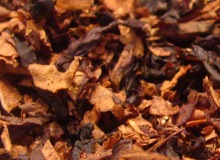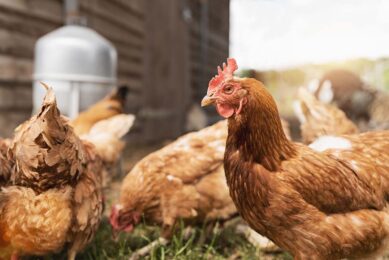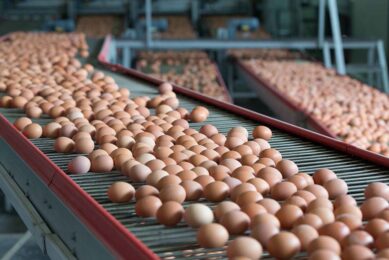Tobacco instead of chicken eggs for vaccine production

A process conceived by a group of UC Davis students substitutes tobacco plants for conventional manufacturing methods that rely on chicken eggs and cell culture, to cut development time for new vaccines from 6 months to as little as 6 weeks.
The new venture, which could save thousands of lives and millions of dollars by accelerating development and production of animal and human vaccines, won the $15,000 grand prize in the 10th annual Big Bang! Business Plan Competition organized by MBA students of the UC Davis Graduate School of Management.
Lucas Arzola, a doctoral candidate in chemical engineering, headed the winning team, Inserogen.
Inserogen, whose name is derived from Latin and means to plant a gene, would use tobacco leaves as “biofactories” for the rapid production of vaccines and other biopharmaceuticals.
Conventional methods of vaccine production used by big manufacturers rely on chicken-egg or cell-culture technology. Both methods require long development times, and have a very high cost. Cell culture in particular requires expensive facilities containing specialized equipment, such as large stainless steel bioreactors.
“Our technology aims to replace the upstream part of these biotech facilities with leaves from tobacco plants that only require sunlight, water, and soil to grow,” Arzola explained. “We are able to harness a plant’s natural ability to produce proteins, and we are able to make them produce our vaccine of interest within their leaves.”
Join 31,000+ subscribers
Subscribe to our newsletter to stay updated about all the need-to-know content in the poultry sector, three times a week. Beheer
Beheer








 WP Admin
WP Admin  Bewerk bericht
Bewerk bericht